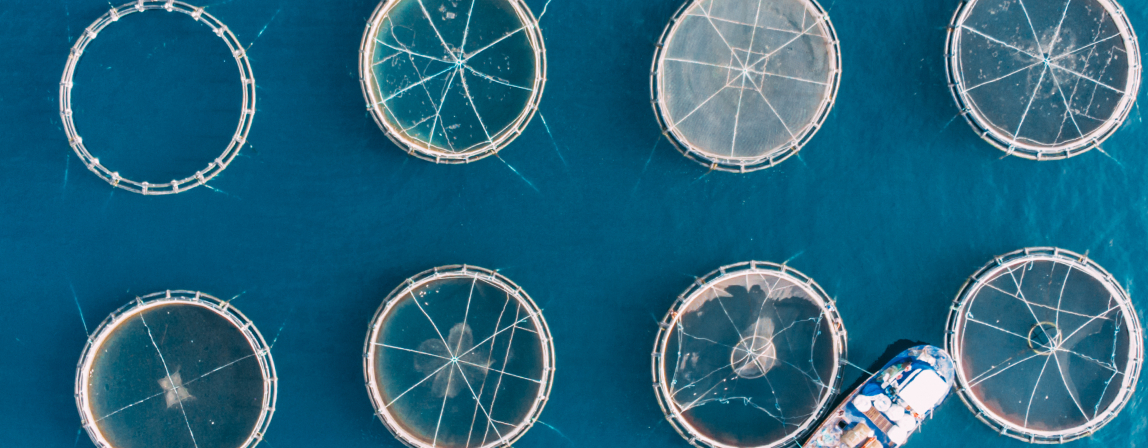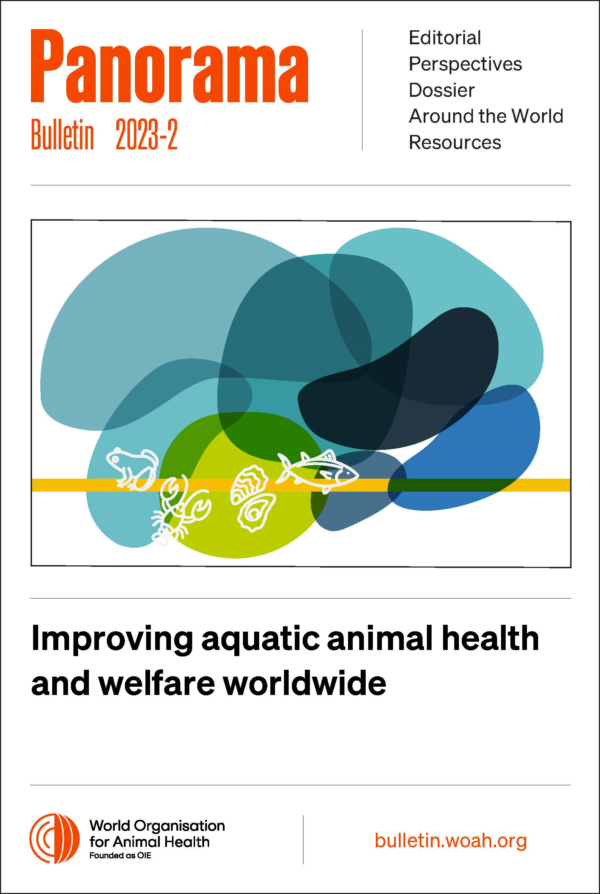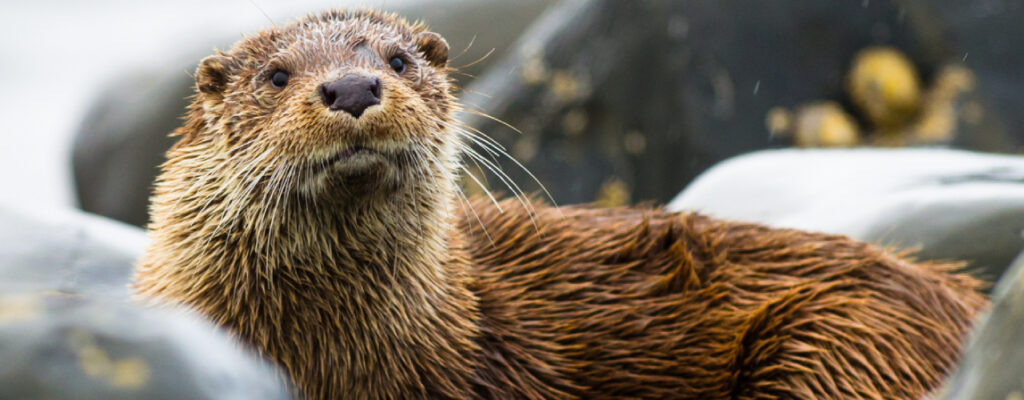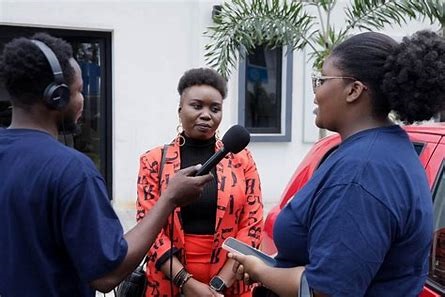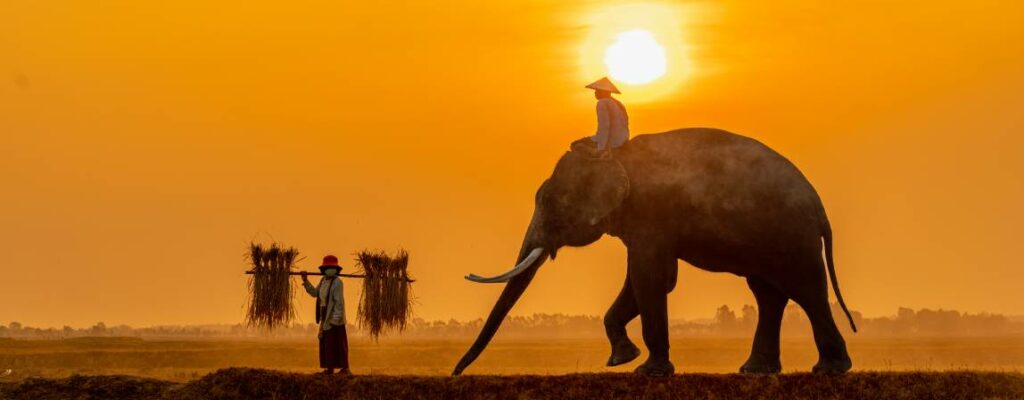Around the world Posted on 2023-12-12 11:48:21
WOAH actions
Improving aquaculture in the Middle East
The AQMENET solution
Keywords
Authors
Dr Ghazi Yehia, Regional representative for the Middle East, World Organisation for Animal Health
Bilal Abd Elnasser Kammoun, Information Technology and Website Editor Assistant, Regional representative for the Middle East, World Organisation for Animal Health
The Aquatic Middle East Network (AQMENET) was established to assist WOAH Members in the Middle East to further develop their aquaculture industry by providing knowledge and expertise on the prevention, early detection and control of aquatic animal diseases.
In November 2022, the Minister of Environment, Water and Agriculture of the Kingdom of Saudi Arabia (MEWA) and the Director General of the World Organisation for Animal Health (WOAH) launched AQMENET.
Members of AQMENET include the following countries bordering the Red Sea and the Gulf: Bahrain, Djibouti, Egypt, Iraq, Jordan, Kuwait, Oman, Qatar, Saudi Arabia, Somalia, Sudan, United Arab Emirates and Yemen.
AQMENET is an important mechanism to support the implementation of high priority activities in the region, aligned with WOAH’s Aquatic Animal Health Strategy. In particular, it creates networks to support WOAH Members’ Delegates and National Focal Points for Aquatic Animals in improving aquatic animal health and implementing WOAH aquatic standards.
The network aims to improve the knowledge and diagnostic capacities of Members, as well as the development of vaccines. AQMENET will also coordinate training of veterinarians and aquatic animal health professionals to better support the aquaculture industry and establish a network of laboratories for aquatic animal diseases. The network will promote information sharing and responsible and prudent antimicrobial use, and will build capacity to control antimicrobial resistance.
Aquaculture in the Middle East
Aquaculture and fish farming have long been a source of sustenance and an economic lifeline for many communities living along the coasts in the Middle East. The establishment of AQMENET recognises the growing importance of aquatic animal production in strengthening food security in the region.
With several seas surrounding the region, including the Mediterranean, the Gulf and the Red Sea, the Middle East has many sources of fresh seafood. However, total production in the region amounts to only 2.17% of the total worldwide production [1].
Among AQMENET members, the main aquaculture producers are Egypt and Saudi Arabia. Egyptian aquaculture has witnessed spectacular and rapid development over the past seven years. The increase is such that the country is now number one in Africa and number six worldwide in aquaculture production, the sector becoming an important contributor to Egypt’s food security and economy.
Fish farming is a growth industry in many countries in the Middle East, such as Saudi Arabia, the United Arab Emirates and Oman, with wild fish stocks declining and dependence on imported seafood rising. While attaining self-sufficiency in seafood in the Middle East makes sense, there are institutional, geographical and policy challenges to developing fish farming in these countries.
Increasing demand for aquatic animals and aquatic animal products can lead to a higher risk of disease spread with international trade in aquatic animals and their products. That is why the WOAH Regional Representation for the Middle East, with the collaboration of the WOAH Sub-Regional Representation of Abu Dhabi, proposed the establishment of this network to meet the needs of its Members and help them to tackle the challenges of building sustainable aquatic animal health systems.
Network news and reports will be posted and regularly updated on the AQMENET website.
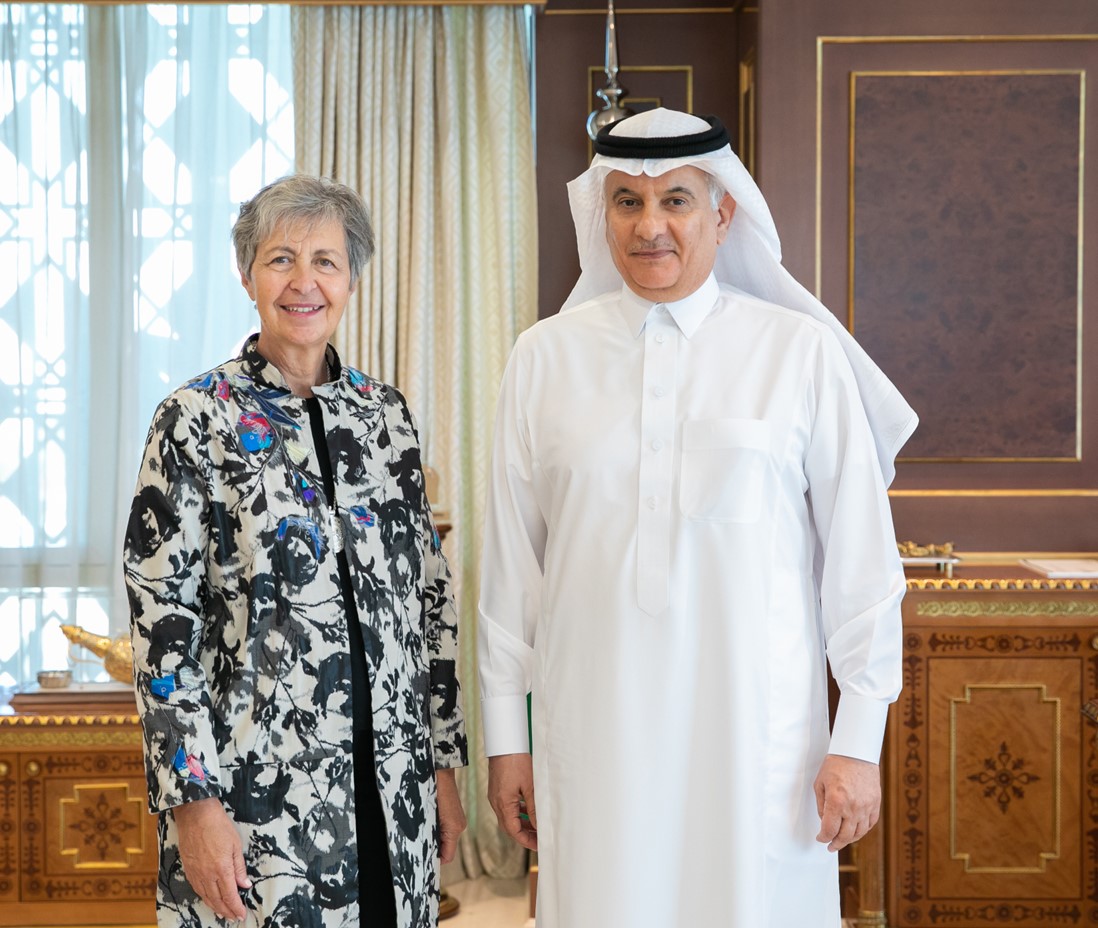
https://doi.org/10.20506/bull.2023.2.3419
References
- Towers L. (2014). – FAO report: Fisheries and Aquaculture Markets in the Middle East. The Fish Site.
- Berdikeeva S. (2019). – The rise of fish farming in over-fished Gulf nations. Inside Arabia.




